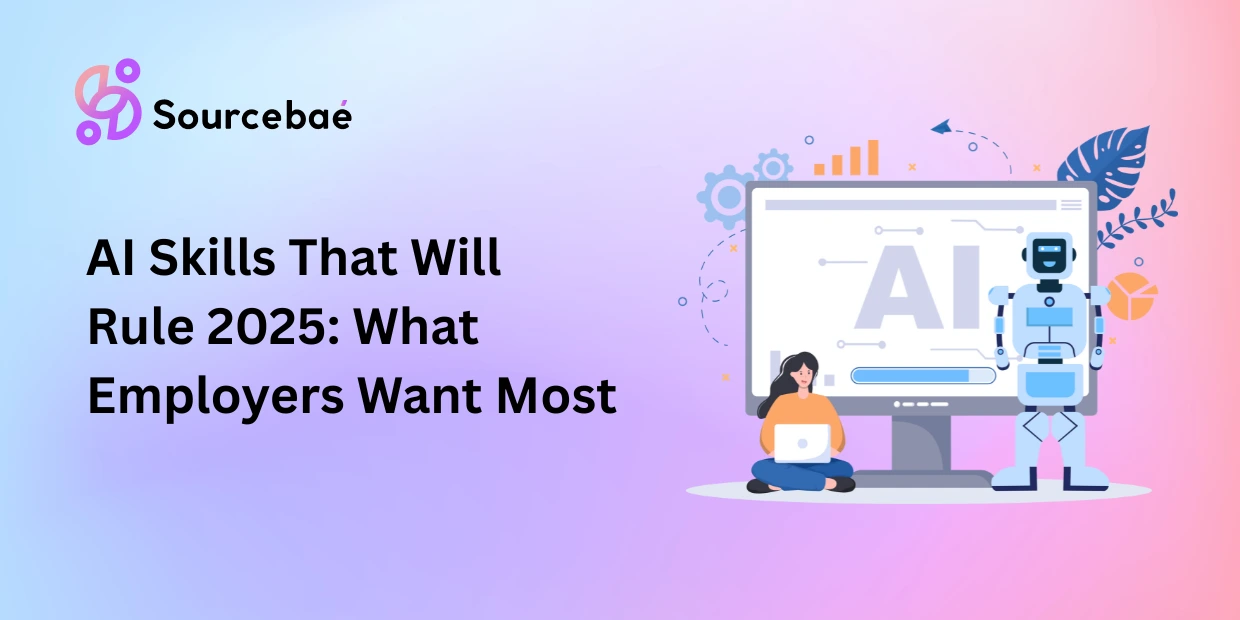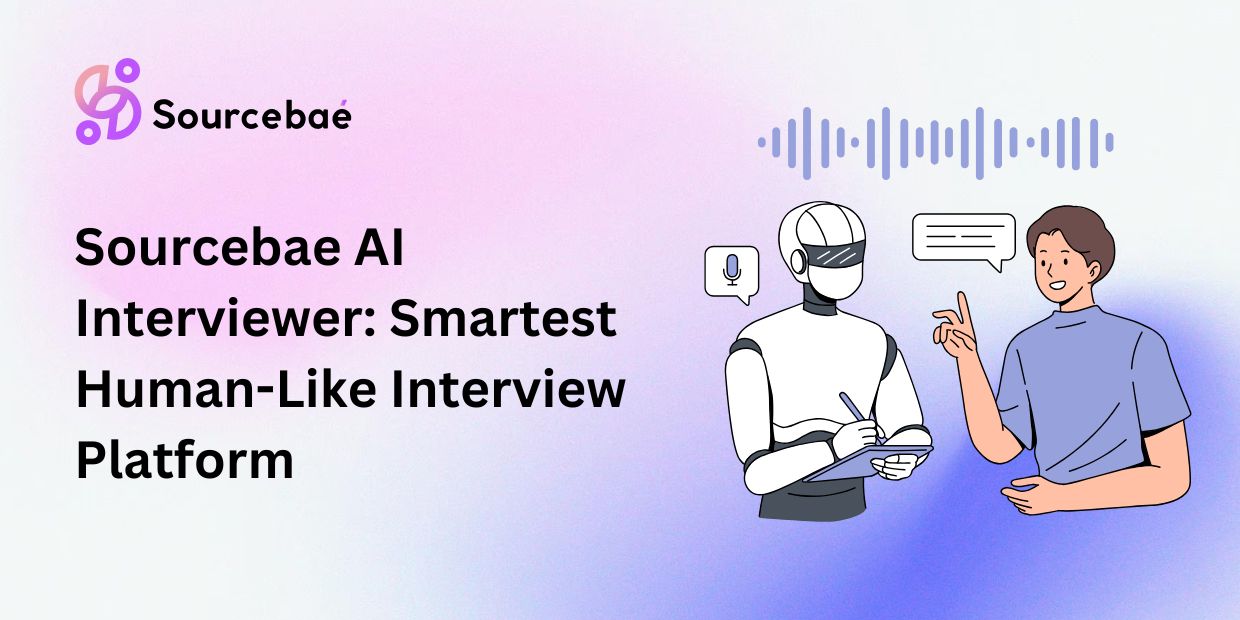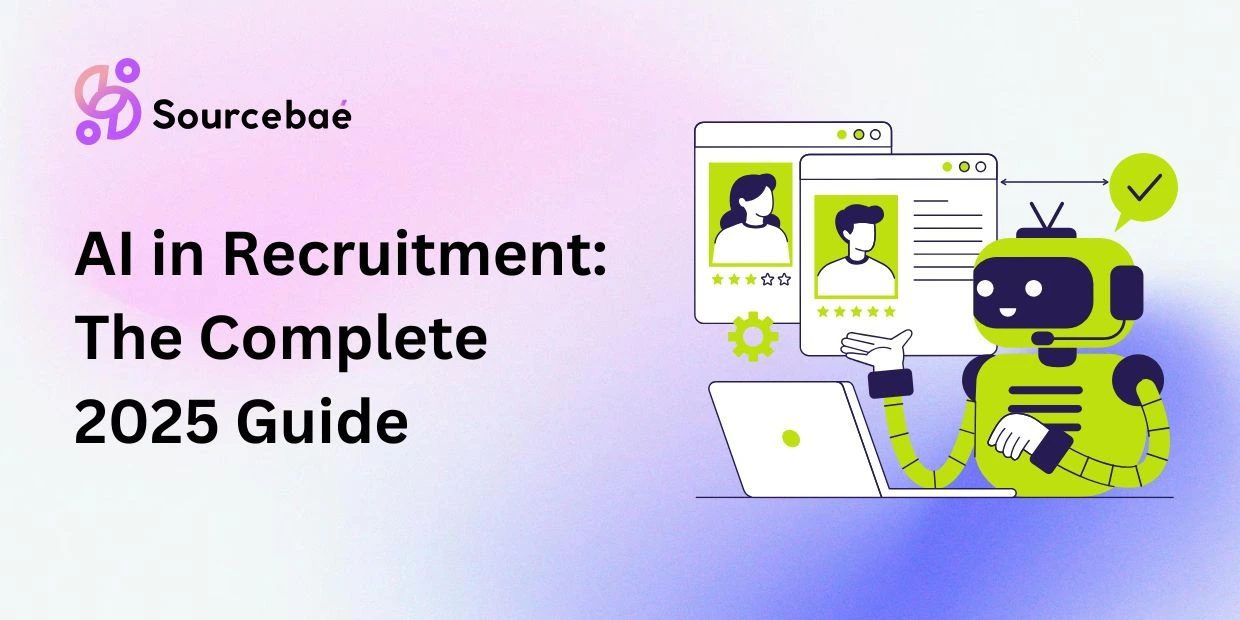In recent years, Artificial Intelligence (AI) has made significant strides in various industries, and healthcare is no exception. The future of AI in healthcare is nothing short of groundbreaking, as it promises to revolutionize patient care, improve diagnostic accuracy, enhance treatment strategies, and optimize overall health outcomes.
In this article, we will explore the role of AI in healthcare, its potential applications, and the impact it has on transforming patient care.
The Future of AI in Healthcare:
The Potential of AI in Healthcare
AI in healthcare holds immense potential to redefine the way medical professionals approach patient care. By leveraging advanced algorithms, machine learning, and big data analytics, AI can process vast amounts of information quickly, leading to faster and more accurate diagnoses and treatment plans.
AI-Driven Diagnostics: A Game-Changer
AI-powered diagnostic tools have the potential to be game-changers in the medical field. With machine learning algorithms, these tools can analyze medical images, such as X-rays, MRIs, and CT scans, with unmatched precision.
The Future of AI in Healthcare: Transforming Patient Care means that doctors can access valuable insights and early detection of diseases, enabling timely interventions that can significantly improve patient outcomes.
AI-Enhanced Drug Development
The development of new drugs is a complex and time-consuming process. AI can streamline this process by analyzing vast amounts of genetic and molecular data, identifying potential drug candidates, and predicting their efficacy.
By accelerating drug discovery, AI can bring new treatments to patients faster and potentially revolutionize disease management.
Empowering Healthcare Professionals
Contrary to popular misconceptions, AI is not here to replace healthcare professionals but to augment their abilities.
AI can assist doctors and nurses by sifting through vast medical literature, providing evidence-based recommendations, and offering personalized treatment plans.
This collaboration between AI and healthcare professionals can lead to more effective, efficient, and patient-centric care.
Redefining Medical Research with AI
AI’s influence extends beyond clinical settings into medical research. Researchers can utilize AI algorithms to analyze complex datasets, identify patterns, and make sense of large-scale studies. The Future of AI in Healthcare: Transforming Patient Care includes driving discoveries and breakthroughs in various fields, including genomics, proteomics, and epidemiology.
Overcoming Data Privacy and Security Concerns
While AI offers transformative potential, it also raises concerns about data privacy and security. Medical data is sensitive and must be protected from unauthorized access. The Future of AI in Healthcare: Transforming Patient Care involves addressing these challenges by implementing robust data protection measures and adhering to strict ethical standards.
The Rise of Telemedicine and AI
The integration of AI and telemedicine is redefining the way patients receive medical care. Telemedicine platforms powered by AI algorithms can provide initial assessments, offer medical advice, and even conduct remote diagnostics. This fusion of AI and telemedicine has proven particularly valuable in underserved regions, bringing quality healthcare to those who previously had limited access.
AI-Driven Virtual Health Assistants
Virtual health assistants are becoming increasingly prevalent, providing patients with round-the-clock support and information. These AI-driven assistants can answer questions, schedule appointments, and offer personalized health recommendations. The Future of AI in Healthcare: Transforming Patient Care involves personalized interactions with patients, promoting engagement and adherence to treatment plans.
Improving Hospital Efficiency with AI
AI technologies can optimize hospital operations, leading to improved efficiency and cost savings. Smart scheduling systems, AI-powered robotics, and predictive maintenance can streamline hospital workflows, reduce waiting times, and enhance patient experiences.
AI and Chronic Disease Management
Chronic diseases account for a significant portion of healthcare expenses. AI can play a crucial role in managing chronic conditions by monitoring patients’ health remotely, identifying early signs of exacerbation, and facilitating timely interventions. This proactive approach can prevent hospitalizations and improve patients’ quality of life.
AI in Surgical Procedures
Surgical precision is paramount for successful outcomes. AI-assisted surgical technologies, such as robotic surgery systems, can enhance a surgeon’s precision and dexterity, leading to minimally invasive procedures and faster recovery times. The Future of AI in Healthcare: Transforming Patient Care involves pushing the boundaries of surgical capabilities.
Ethical Considerations of AI in Healthcare
As AI becomes more integrated into healthcare, ethical considerations become increasingly important. Key questions involve data privacy, transparency of algorithms, and ensuring AI systems do not perpetuate biases. Policymakers, researchers, and medical professionals must work together to establish ethical frameworks for the responsible use of AI in healthcare.
The Road to Personalized Medicine
AI is paving the way for personalized medicine, tailoring treatments to an individual’s unique genetic makeup, lifestyle, and environment. This approach has the potential to optimize treatment efficacy while minimizing adverse effects, ultimately revolutionizing patient care.
The Future of AI in Medical Education
The impact of AI extends to medical education, where AI-powered simulations and virtual training platforms can enhance students’ learning experiences. These technologies enable hands-on practice, decision-making simulations, and exposure to rare medical cases, preparing the next generation of healthcare professionals for the challenges of the future.
The Role of AI in Mental Health
Mental health is a growing concern worldwide, and AI can be instrumental in addressing this issue. AI-powered chatbots and virtual therapists can offer continuous support and resources, reducing the stigma around seeking help and providing access to mental health services at any time.
AI-Enabled Remote Monitoring
The Future of AI in Healthcare: Transforming Patient Care means moving towards proactive healthcare. AI-driven remote monitoring tools can continuously track patients’ health parameters, alerting healthcare providers to potential issues before they escalate. This approach can lead to early interventions and prevent hospital readmissions.
Enhancing Patient Engagement with AI
Patient engagement is a critical aspect of healthcare, impacting treatment adherence and overall outcomes. AI technologies can analyze patient behavior and preferences to offer personalized health recommendations and promote active participation in managing one’s health.
AI for Predictive Analytics
Predictive analytics powered by AI can forecast disease outbreaks, track epidemics, and allocate medical resources effectively. These insights can aid healthcare providers and policymakers in making informed decisions to protect public health.
AI and Nanotechnology Convergence
The convergence of AI and nanotechnology holds tremendous promise in healthcare. Nanobots equipped with AI capabilities can target specific cells or deliver drugs with unparalleled precision, opening up new possibilities for targeted therapies and early disease detection.
Addressing Challenges in AI Implementation
While the potential of AI in healthcare is vast, its successful implementation faces challenges. Integration with existing healthcare systems, standardization of data formats, and the need for extensive training of healthcare professionals are among the hurdles that need to be addressed.
The Future of AI in Healthcare Ethics
As AI technologies become more sophisticated, ethical questions arise. Ensuring transparency, accountability, and fairness in AI decision-making processes is essential to build trust and confidence in these technologies.
AI Adoption in Developing Countries
The Future of AI in Healthcare: Transforming Patient Care is not limited to developed nations. AI adoption in developing countries can bridge healthcare gaps, improve access to medical expertise, and reduce disparities in healthcare outcomes
The Future of AI in Elderly Care
AI holds enormous potential in addressing the challenges of an aging population. From personalized care plans to assistive robotics, AI-driven solutions can enhance the quality of life for older adults and support their independence.
The Role of AI in Global Health Crisis Management
The recent COVID-19 pandemic highlighted the importance of leveraging AI in crisis management. AI technologies played a crucial role in tracking the virus, predicting its spread, and developing potential treatments, showcasing the significant impact of AI in global health crises.
The Future of AI in Healthcare Regulation
Regulatory bodies play a crucial role in ensuring the safe and responsible use of AI in healthcare. Establishing clear guidelines and standards is essential to foster innovation while safeguarding patient privacy and security.
FAQs
Q: How will AI affect the doctor-patient relationship?
A: AI will enhance the doctor-patient relationship by providing doctors with valuable insights and data, allowing them to make more informed decisions and offer personalized care. It will not replace human interaction but instead empower healthcare professionals to provide better patient outcomes.
Q: Is AI only relevant in large healthcare facilities?
A: No, AI’s benefits extend to healthcare facilities of all sizes, including small clinics and rural hospitals. AI can optimize processes, improve diagnostics, and enhance patient care, making it a valuable addition to healthcare settings regardless of scale.
Q: Can AI-powered diagnostic tools be trusted for accurate results?
A: Yes, AI-powered diagnostic tools have shown remarkable accuracy in various studies. They can analyze medical images and data with high precision, aiding doctors in making timely and accurate diagnoses.
Q: What are the potential risks of AI in healthcare?
A: Some potential risks include data privacy and security concerns, algorithmic biases, and the need for careful integration with existing healthcare systems. Addressing these challenges is essential for responsible AI implementation.
Q: Will AI replace healthcare professionals?
A: No, AI will not replace healthcare professionals. Instead, it will complement their abilities and support them in providing more efficient and effective care to patients.
Q: How can AI improve patient engagement?
A: AI can analyze patient behavior and preferences to provide personalized health recommendations and continuous support. This approach encourages patients to take an active role in managing their health, leading to better engagement and adherence to treatment plans.
Conclusion
The Future of AI in Healthcare: Transforming Patient Care is an exciting journey filled with promise and potential.
AI technologies are revolutionizing the medical landscape, from diagnostics to treatment, and are empowering healthcare professionals to provide better, more personalized care.
As we move forward, it is essential to address ethical considerations, ensure data security, and foster global collaboration to harness the full potential of AI for the betterment of healthcare worldwide.






